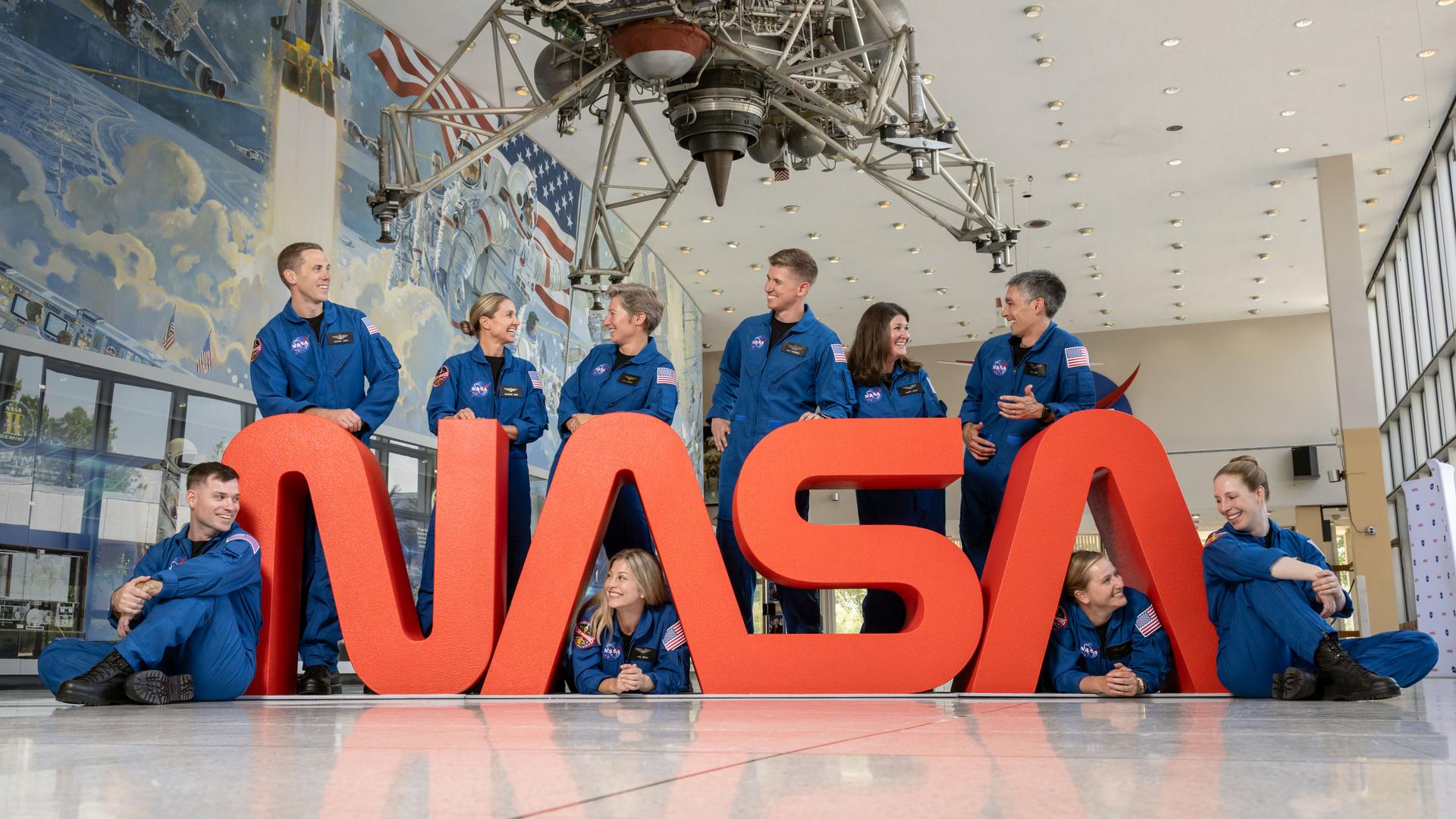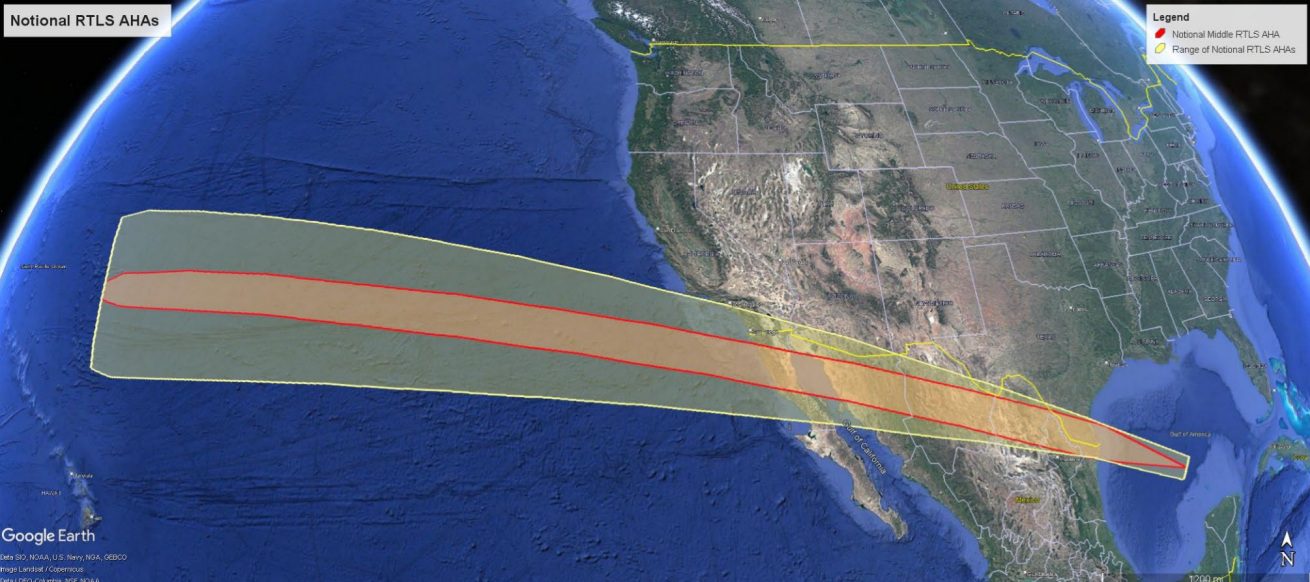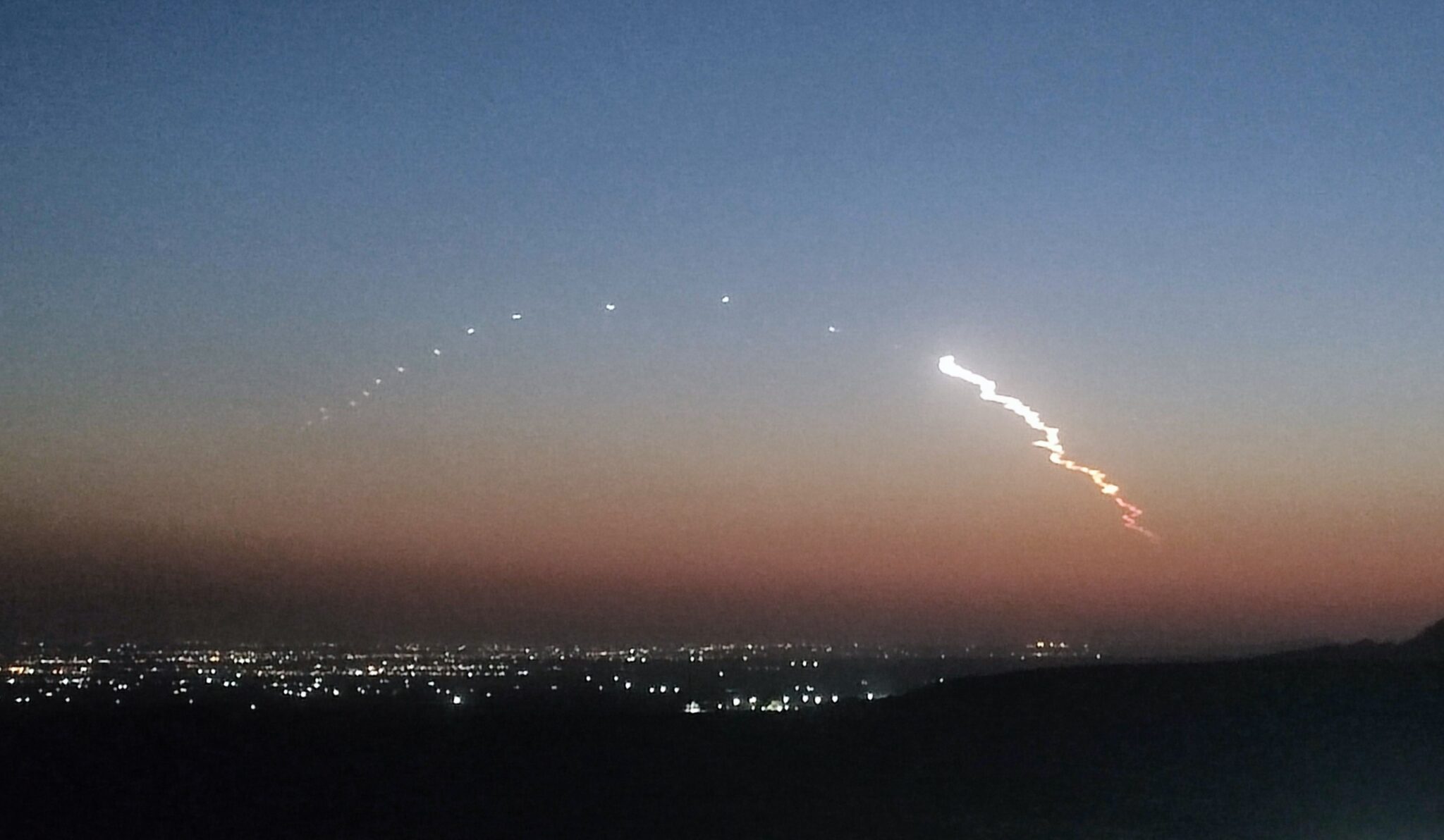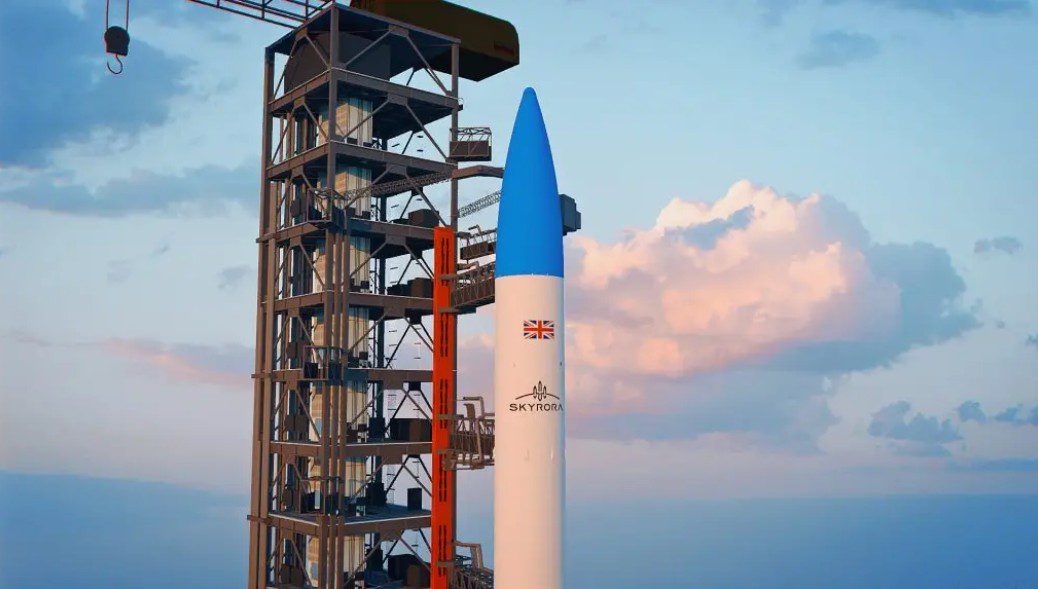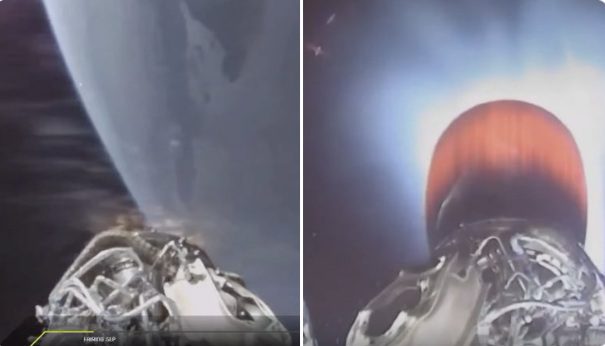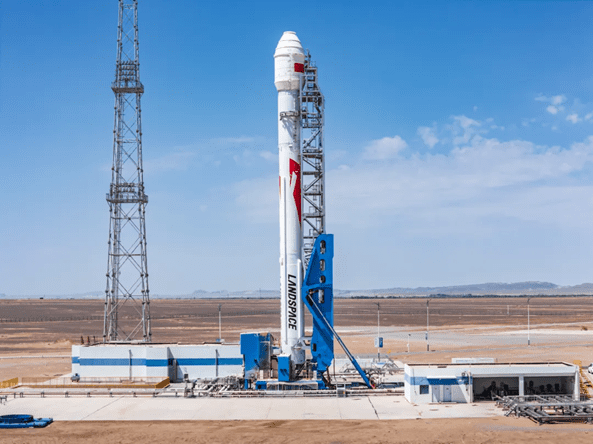On behalf of the US Department of Defense, the US Air Force has awarded launch contracts as part of the National Security Space Launch (Phase 2) programme to two launch providers: the United Launch Alliance (ULA) and SpaceX. These are set to take place between 2020 and 2027. Long-time US Air Force collaborator ULA, a joint Boeing/Lockheed Martin operation, will receive 60 per cent of the contracts. These will be performed using the Vulcan rocket, which is under development, making a break from its current Atlas V line powered by the Russian-built RD-180 first-stage rocket engine.
ULA’s principal competitor, SpaceX, will receive 40 per cent of the national security launch contracts. These are expected to be performed by the Falcon 9 and Falcon Heavy lines.
Left out in the cold were bidders Blue Origin and Northrop Grumman, which have yet to demonstrate their respective New Glenn and Omega rockets.
Comment by David Todd: This announcement marks the point where SpaceX becomes part of the military-industrial complex of the USA. It signifies a rapprochement with the US Air Force, which SpaceX often bitterly complained about (and even sued) over being locked out of previous military launch contracts. It was eventually allowed to fly GPS satellite payloads. Through a combination of reliability – albeit sometimes just enough – and low cost, SpaceX has now shown it can give value for money to the US taxpayer and, thus, has effectively just taken business from ULA. Nevertheless, the latter, with its new Vulcan rocket, is still in the fight even if it will have to demonstrate its own value for money if it is to carry on competitively.
Apart from gaining better value for money, the US military also benefits from having more “redundancy” with two “suppliers” – important in the case of launch failures or delays. The biggest losers, of course, were Blue Origin and Northrop Grumman. However, they cannot really blame the US Air Force for not wanting to fly its satellites with launch providers with no significant experience in larger rockets – especially if these rockets have yet to be fully demonstrated.



